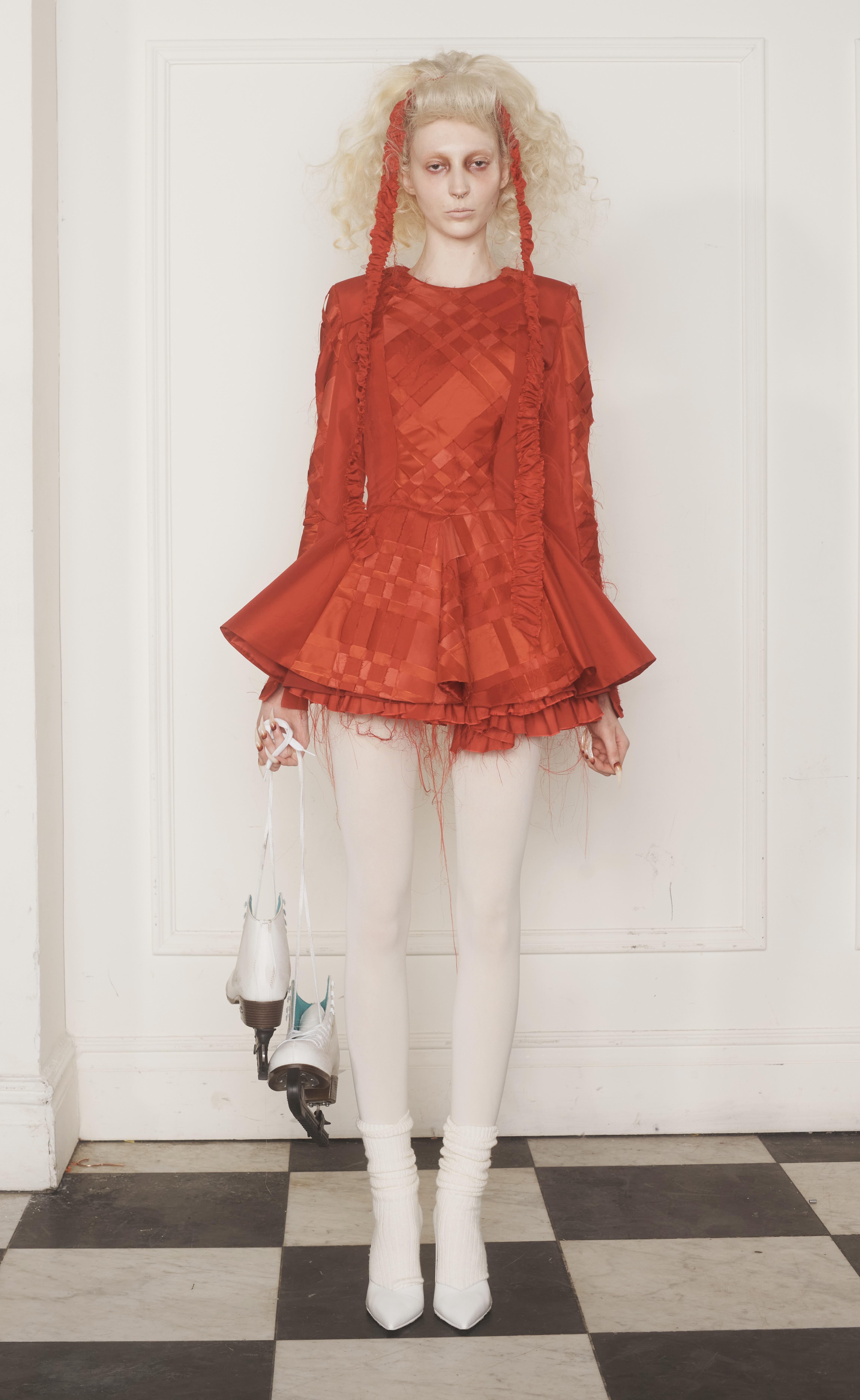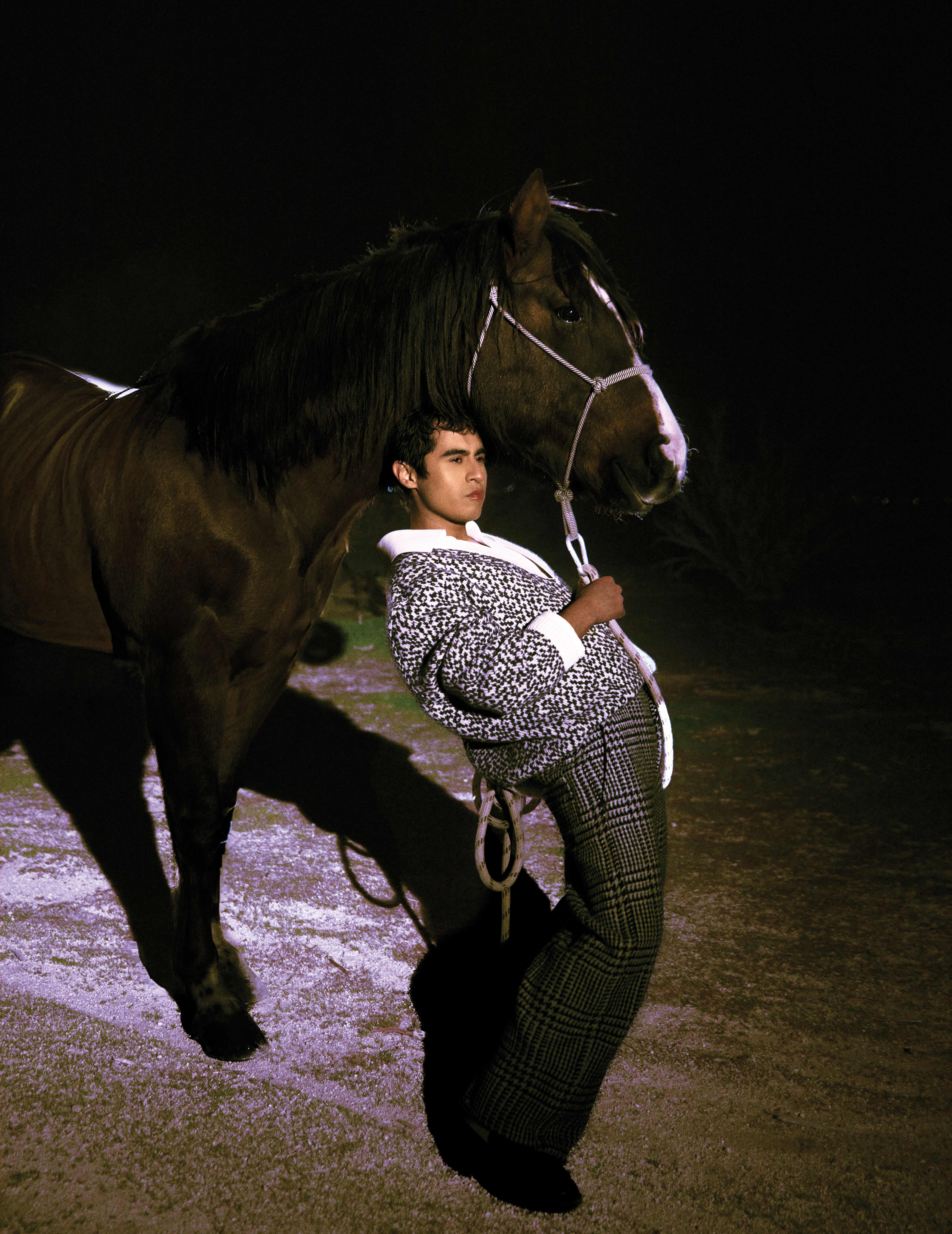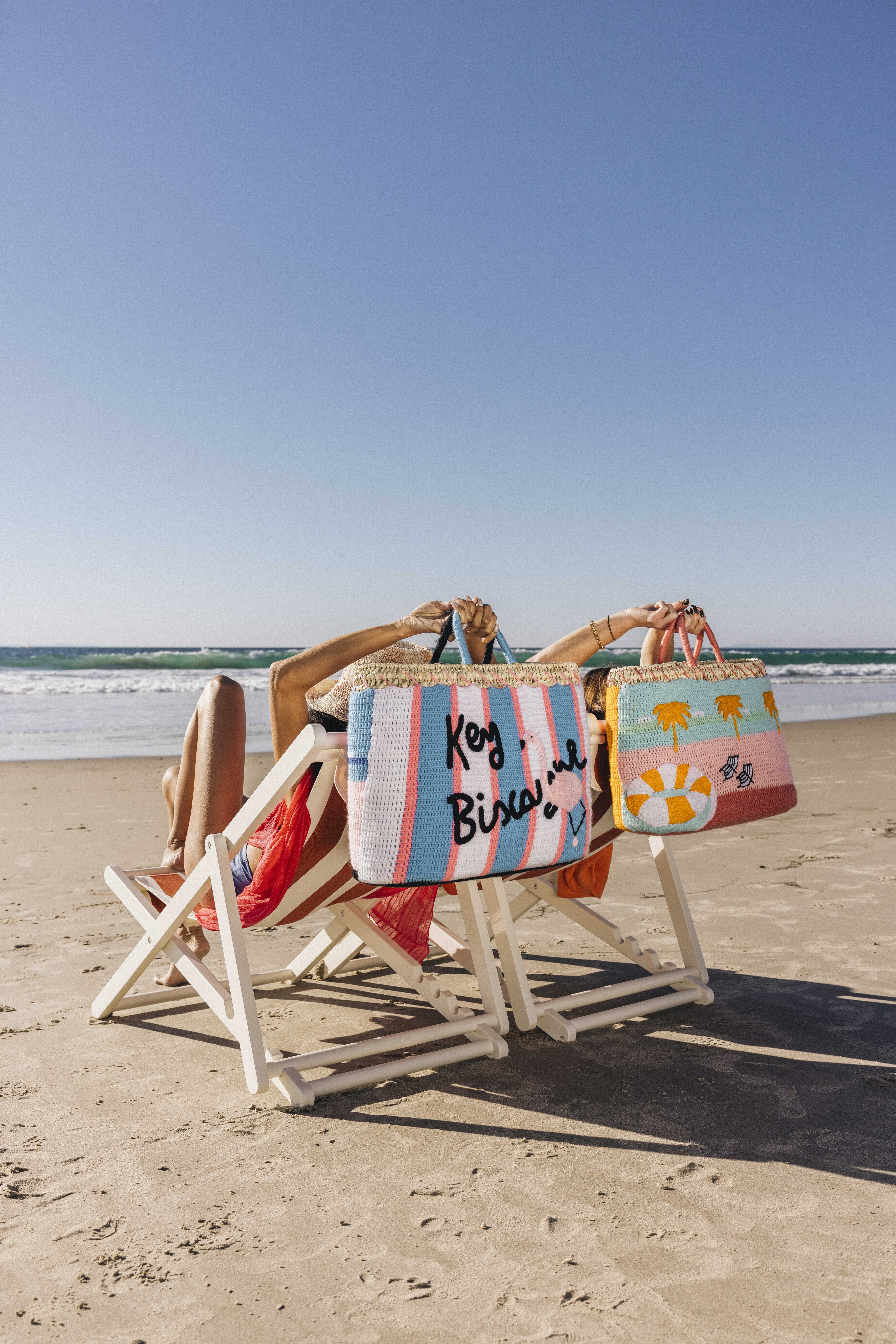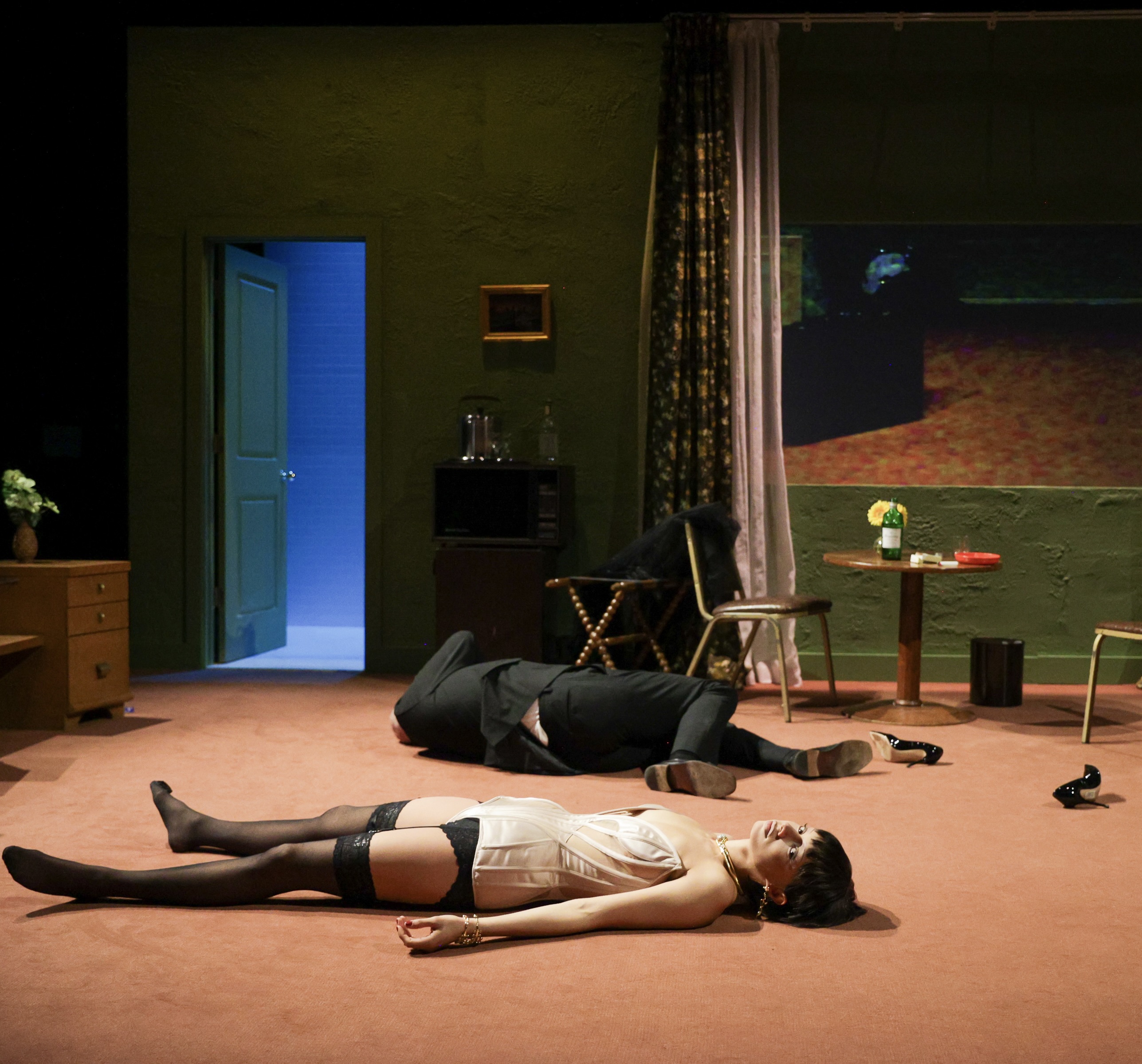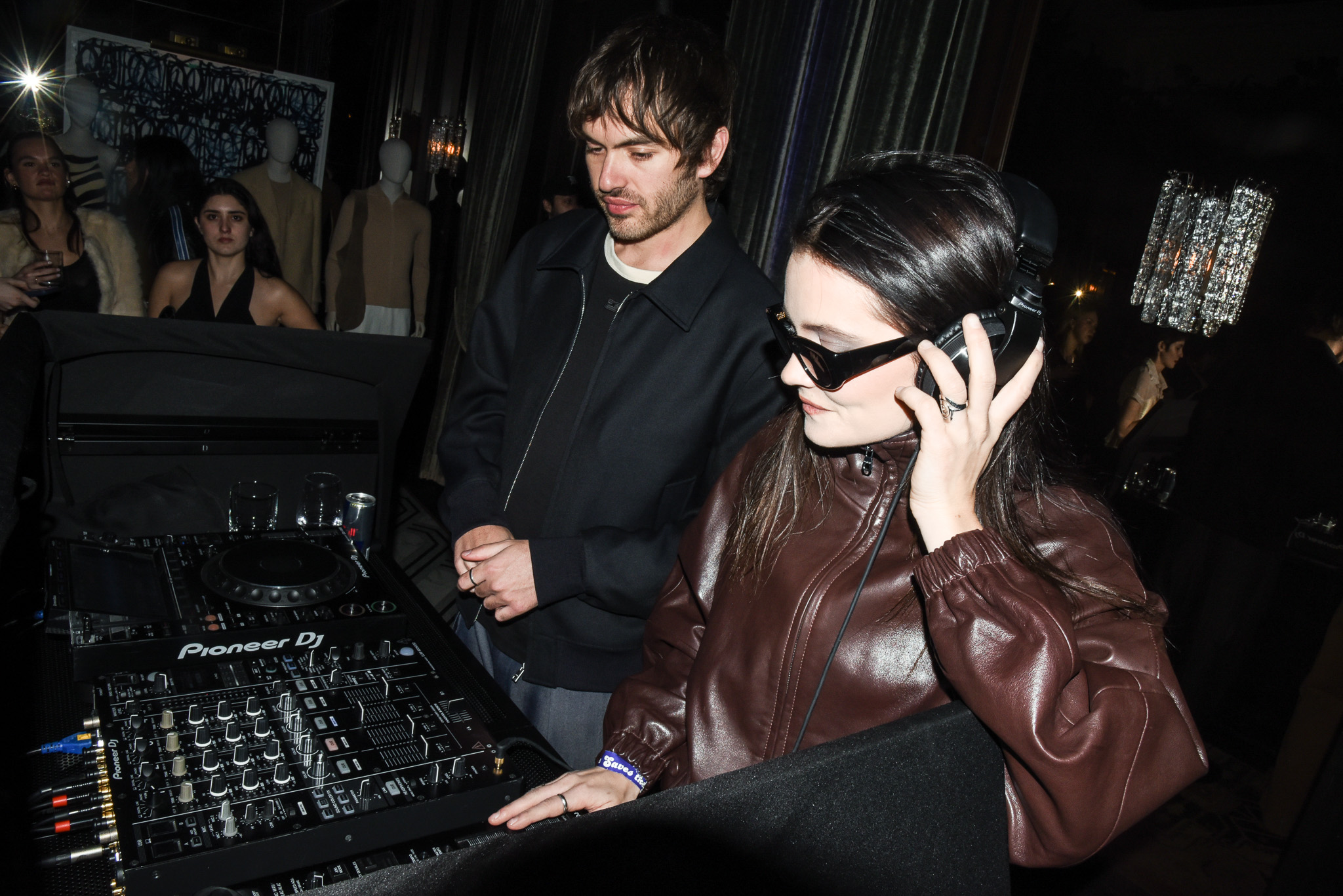Director, writer, and actor, Justin Chon, takes us back in time to April 29, 1992, the first day of the 1992 Los Angeles Riots, with his new film, “Gook.” The story follows two Korean American brothers, Eli (Chon) and Daniel (David So), who take over their late father’s mom-and-pop women’s shoe shop, attempting to keep what was left of their father's things alive. Kamilla, played by Simone Baker, is an 11-year-old Black girl who enjoys and prefers spending her free time at the store over going to school and staying at home.
They end up forming a beautiful friendship and even view each other as family, one that Kamilla comes to value over her own. The film balances heart-wrenching scenes and heavy topics of race-relations and police brutality with the light and humorous relationship that has been formed between the brothers and Kamilla.
Throughout the film, the brothers are seen as foreigners to the community and are constantly targeted by people in the neighborhood as they get jumped and robbed. The derogatory term "gook" is also tossed around in the film and spray painted on to Eli's car. Chon discussed the deeper meaning and history behind the word in a conversation and Q&A with Ava DuVernay, producer of _Selma_, at the Sundance Next Fest screening on Saturday (August 12).
"‘Gook’ in Korean means 'country' and when the GI’s came to Korea during the Korean war, they would say ‘migug salam’ that means ‘American person.' So ‘migug’ is America, that directly translated to ‘beautiful country.’ That’s what America means. So these GI’s, they took half that word and made it into a racial slur. We still use the word ‘gug’ in Korean language till this day, and to take that word away from us, when we were calling your world beautiful… And now it’s a racial slur that got carried to the Vietnam war. Most people don’t even know that about that word," said Chon.
"We just need to face these problems head on instead of tiptoeing around the subject because we get nowhere. So I mean, the title, let’s talk about it, let’s educate, let’s put it out there. Now everyone, at least in this room, knows what that means and if it’s ever said in that racial slur context, you know that’s not cool."


Chon holds a personal connection to the event and draws from experiences in his childhood. When his dad’s shoe store got burnt down on the last day of the uprising, he was 10. The film takes place a city away from Compton in Paramount, where the characters are not directly affected by the riots and looting, but are close enough to feel the rage and consequences of the results of the Rodney King trial. Footage of the beating of Rodney King and results of the trial, where four LAPD officers were acquitted, was constantly shown throughout the film as a backdrop.
What came after the trial was a six-day uprising from Black communities of Los Angeles, demanding justice for King. _Gook_ attempts to shed light on an unheard narrative of the Korean American experience during the time of the uprising. Many people tend to view the 1992 LA Riots as a black and white issue when there is a much deeper level of race relations that bleed into the Korean American, Latino, and Black community.
Chon tries to get the viewers to understand the dynamics of the tensions that have been brewing between the different minority communities at the time of the riots. There were language barriers, and generational and cultural differences present between the Korean community and Black community, as well as the first generation Korean Americans and second generation Korean Americans.
Many store-owners were first generation Asians who immigrated to America in search of a better life to support their family and kids. The liquor stores, laundry mats, and shoe stores were symbolically and literally their American dream. But the pursuit also created a strain between communities because residents felt like these Asian store-owners were just opening up their businesses, collecting money from residents, and headed back to where they actually live, instead of giving back to the community and contributing to the pot.


Photo by [David So](https://www.instagram.com/p/BXnvTxJF-ye/?hl=en&taken-by=davidsocomedy)
Not only did Chon do a beautiful job in making this story and perspective come to life, but the film also sparks important conversation and brings understanding between all communities involved in the uprising. Show America that these narratives are valued by supporting the film when it hits theaters this Friday, August 18.
* * *
Written by Kelly An
 
Chon holds a personal connection to the event and draws from experiences in his childhood. When his dad’s shoe store got burnt down on the last day of the uprising, he was 10. The film takes place a city away from Compton in Paramount, where the characters are not directly affected by the riots and looting, but are close enough to feel the rage and consequences of the results of the Rodney King trial. Footage of the beating of Rodney King and results of the trial, where four LAPD officers were acquitted, was constantly shown throughout the film as a backdrop.
What came after the trial was a six-day uprising from Black communities of Los Angeles, demanding justice for King. _Gook_ attempts to shed light on an unheard narrative of the Korean American experience during the time of the uprising. Many people tend to view the 1992 LA Riots as a black and white issue when there is a much deeper level of race relations that bleed into the Korean American, Latino, and Black community.
Chon tries to get the viewers to understand the dynamics of the tensions that have been brewing between the different minority communities at the time of the riots. There were language barriers, and generational and cultural differences present between the Korean community and Black community, as well as the first generation Korean Americans and second generation Korean Americans.
Many store-owners were first generation Asians who immigrated to America in search of a better life to support their family and kids. The liquor stores, laundry mats, and shoe stores were symbolically and literally their American dream. But the pursuit also created a strain between communities because residents felt like these Asian store-owners were just opening up their businesses, collecting money from residents, and headed back to where they actually live, instead of giving back to the community and contributing to the pot.

Chon holds a personal connection to the event and draws from experiences in his childhood. When his dad’s shoe store got burnt down on the last day of the uprising, he was 10. The film takes place a city away from Compton in Paramount, where the characters are not directly affected by the riots and looting, but are close enough to feel the rage and consequences of the results of the Rodney King trial. Footage of the beating of Rodney King and results of the trial, where four LAPD officers were acquitted, was constantly shown throughout the film as a backdrop.
What came after the trial was a six-day uprising from Black communities of Los Angeles, demanding justice for King. _Gook_ attempts to shed light on an unheard narrative of the Korean American experience during the time of the uprising. Many people tend to view the 1992 LA Riots as a black and white issue when there is a much deeper level of race relations that bleed into the Korean American, Latino, and Black community.
Chon tries to get the viewers to understand the dynamics of the tensions that have been brewing between the different minority communities at the time of the riots. There were language barriers, and generational and cultural differences present between the Korean community and Black community, as well as the first generation Korean Americans and second generation Korean Americans.
Many store-owners were first generation Asians who immigrated to America in search of a better life to support their family and kids. The liquor stores, laundry mats, and shoe stores were symbolically and literally their American dream. But the pursuit also created a strain between communities because residents felt like these Asian store-owners were just opening up their businesses, collecting money from residents, and headed back to where they actually live, instead of giving back to the community and contributing to the pot.
 
Photo by [David So](https://www.instagram.com/p/BXnvTxJF-ye/?hl=en&taken-by=davidsocomedy)
Not only did Chon do a beautiful job in making this story and perspective come to life, but the film also sparks important conversation and brings understanding between all communities involved in the uprising. Show America that these narratives are valued by supporting the film when it hits theaters this Friday, August 18.
* * *
Written by Kelly An

Photo by [David So](https://www.instagram.com/p/BXnvTxJF-ye/?hl=en&taken-by=davidsocomedy)
Not only did Chon do a beautiful job in making this story and perspective come to life, but the film also sparks important conversation and brings understanding between all communities involved in the uprising. Show America that these narratives are valued by supporting the film when it hits theaters this Friday, August 18.
* * *
Written by Kelly An


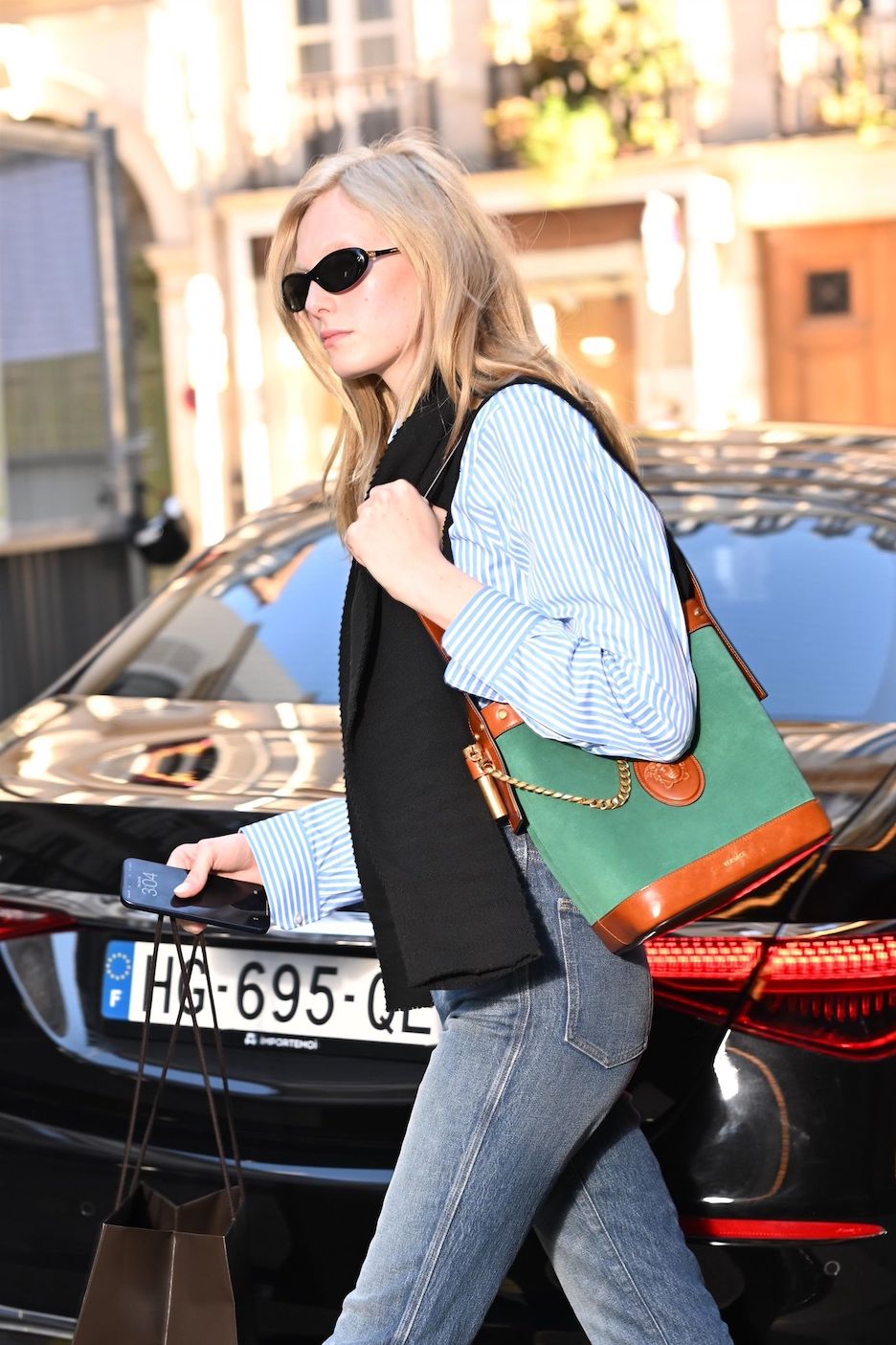


.jpg)
